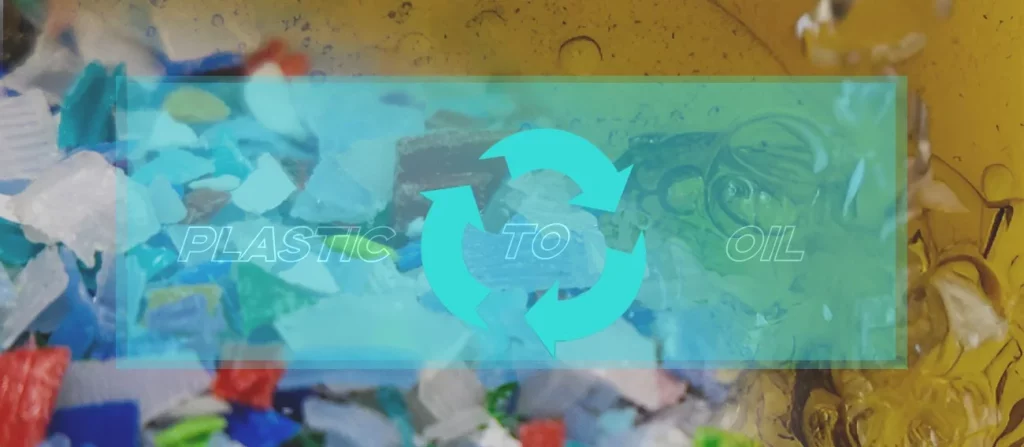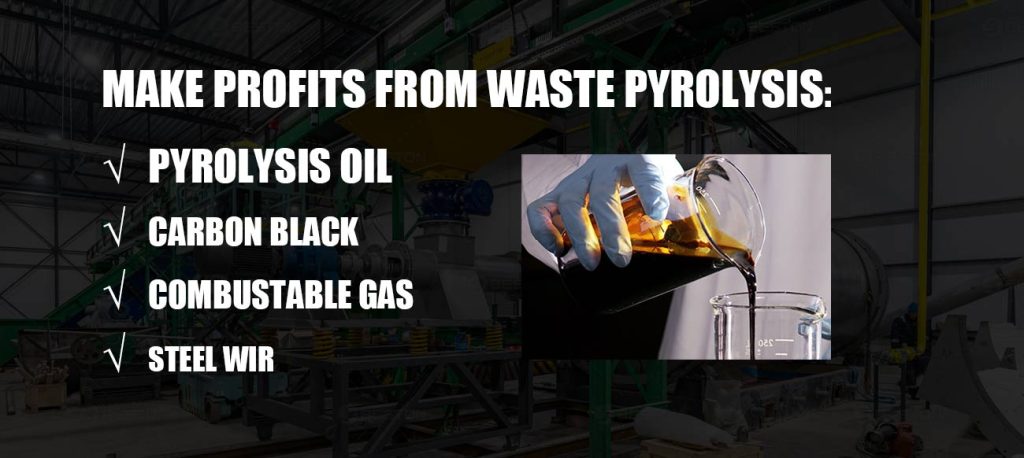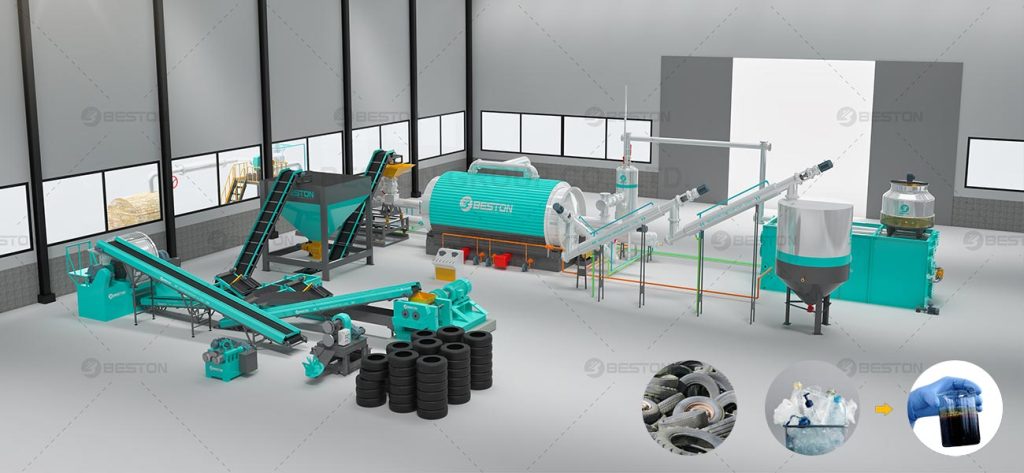How Plastic Pyrolysis to Oil Projects Align with ESG Commitments
The ever-growing mountain of plastic waste poses a significant threat to our planet’s health. Landfills are overflowing, and plastic pollution plagues our oceans, harming marine life and ecosystems. Traditional recycling methods have limitations, and the viability of plastic biodegradation remains a distant prospect.
In this context, plastic pyrolysis to oil (PO) emerges as a promising solution. This innovative technology offers a sustainable approach to waste management, aligning perfectly with Environmental, Social, and Governance (ESG) commitments.
What is Plastic Pyrolysis to Oil?
Plastic pyrolysis process is a thermochemical decomposition process that breaks down plastic waste into usable products in the absence of oxygen. High temperatures are used to convert the complex plastic molecules into simpler hydrocarbons, creating a form of synthetic crude oil. This pyrolysis oil can then be further refined into fuels or valuable chemicals.

Environmental Benefits of Plastic Pyrolysis
- Reduced Plastic Waste: Plastic pyrolysis diverts plastic waste from landfills and the environment. Landfills are nearing capacity, and plastic pollution is a growing problem. Pyrolysis offers a way to significantly reduce this burden.
- Energy Recovery: The pyrolysis oil produced can be used as a fuel source, displacing fossil fuels and reducing dependence on non-renewable resources.
- Lower Greenhouse Gas Emissions: Compared to traditional incineration of plastic waste, pyrolysis offers a lower carbon footprint. While the process itself consumes energy, it avoids the methane emissions associated with landfills and the greenhouse gas emissions from producing new plastic from scratch.
- Circular Economy: Plastic pyrolysis promotes a circular economy for plastics. Waste plastic is transformed into a valuable resource, minimizing reliance on virgin fossil fuels for plastic production.
Social Benefits of Plastic Pyrolysis
- Job Creation: The development and deployment of fully continuous pyrolysis plant create new job opportunities in the waste management and recycling sectors.
Improved Public Health: By diverting plastic waste from landfills and the environment, pyrolysis contributes to cleaner air, water, and soil, leading to improved public health outcomes for communities. - Reduced Reliance on Landfills: Landfills are often located in low-income communities, disproportionately impacting their health and quality of life. Pyrolysis can help reduce reliance on landfills, improving the living conditions for these communities.

Governance Benefits of Plastic Pyrolysis
- Regulatory Compliance: Plastic pyrolysis offers a way for companies to comply with increasingly stringent regulations on waste management and plastic pollution.
- Sustainable Business Practices: By adopting pyrolysis technology, companies demonstrate their commitment to sustainable business practices, enhancing their reputation and brand image.
- Transparency and Accountability: ESG-focused companies prioritize transparency and accountability. Pyrolysis plants can be designed and operated with these principles in mind, fostering trust with stakeholders. https://ru.bestonpyrolysisplant.com/plastic-to-oil-machine-for-sale/
Future of Plastic Pyrolysis
Plastic pyrolysis technology is still evolving, but it holds immense promise for addressing the global plastic waste crisis. As research and development efforts continue, the efficiency and economic viability of pyrolysis plants are expected to improve.

Governments and businesses have a crucial role to play in supporting the development and deployment of this technology. By implementing supportive policies, investing in research, and creating a market for pyrolysis oil, stakeholders can unlock the full potential of this innovative solution. Get in touch with Beston Group Co., Ltd. for additional tyre recycling solution, oil sludge treatment solution and biomass recycling solution!